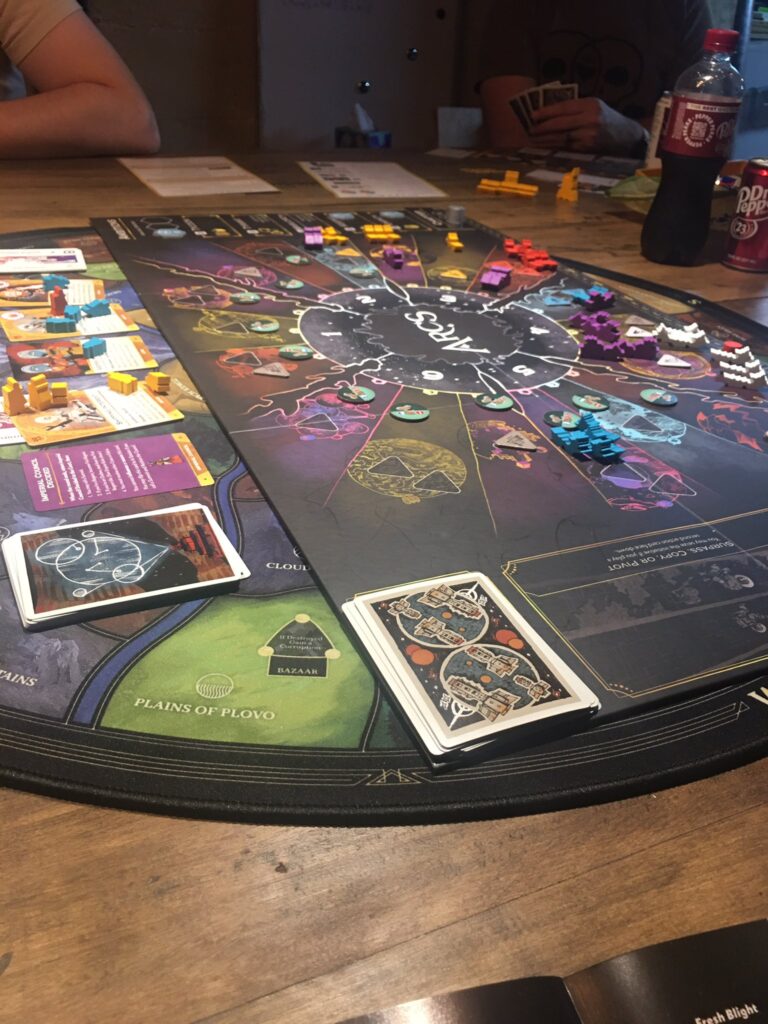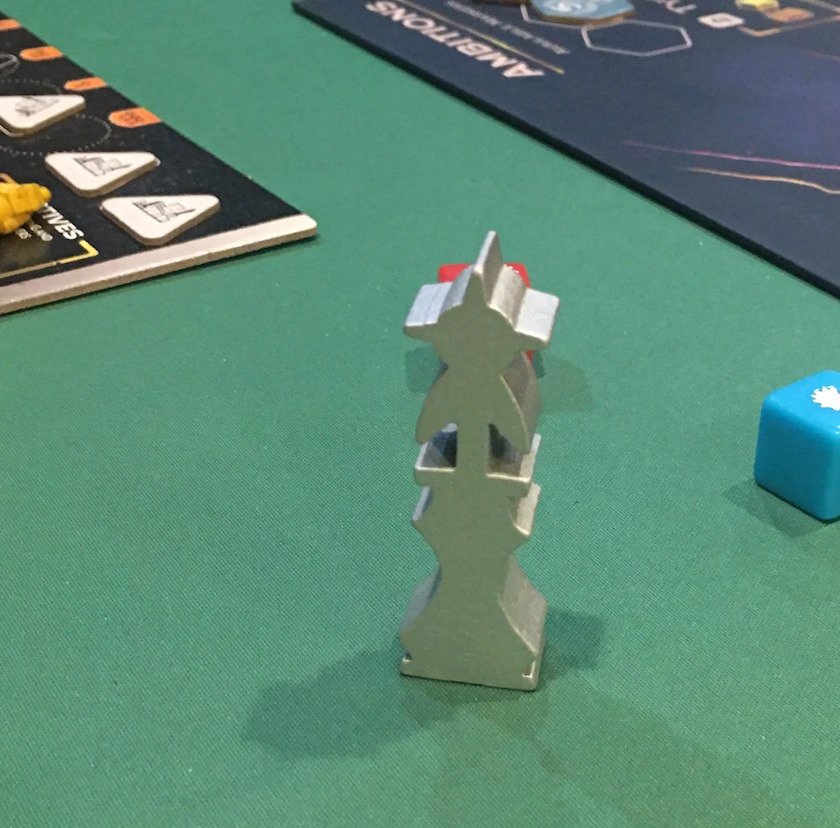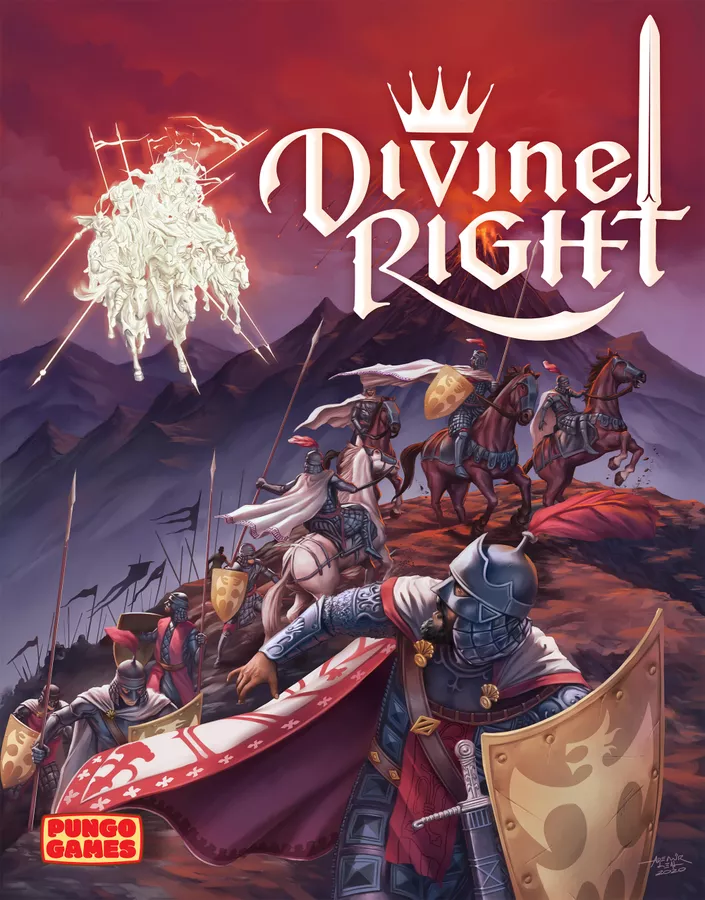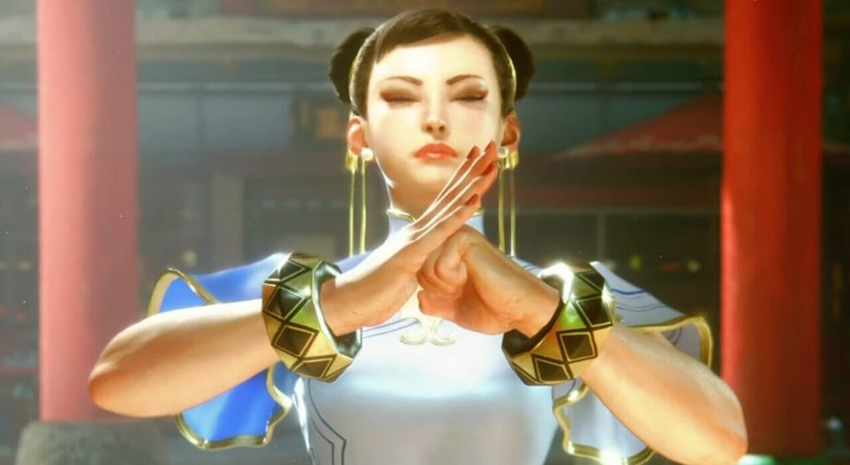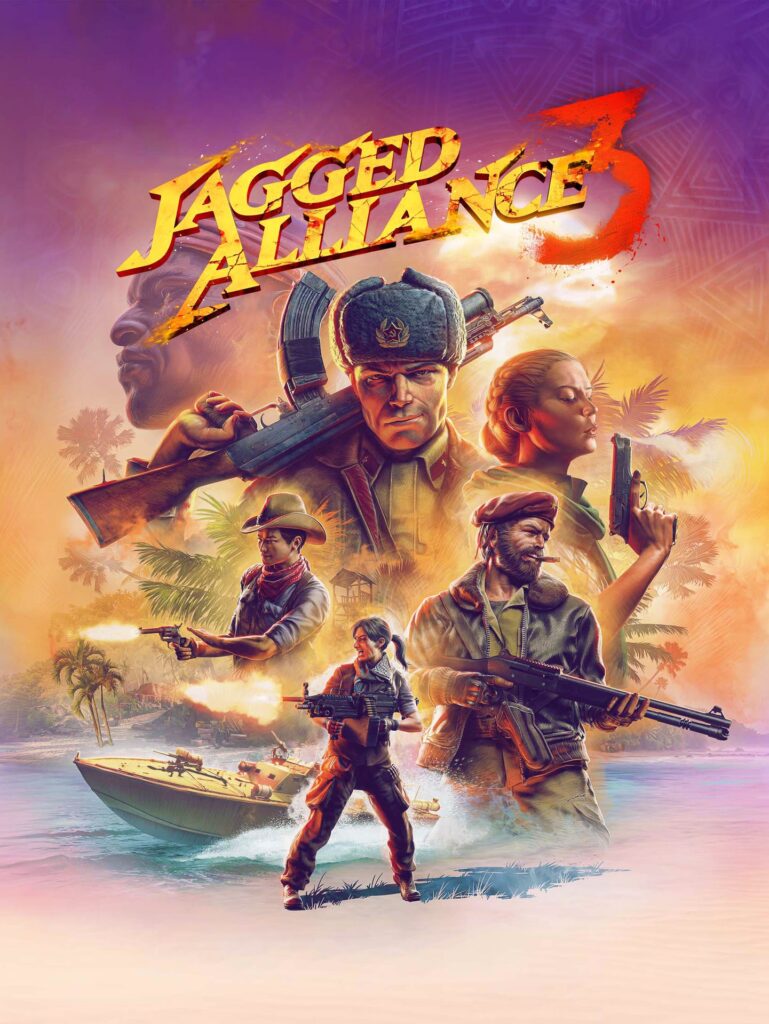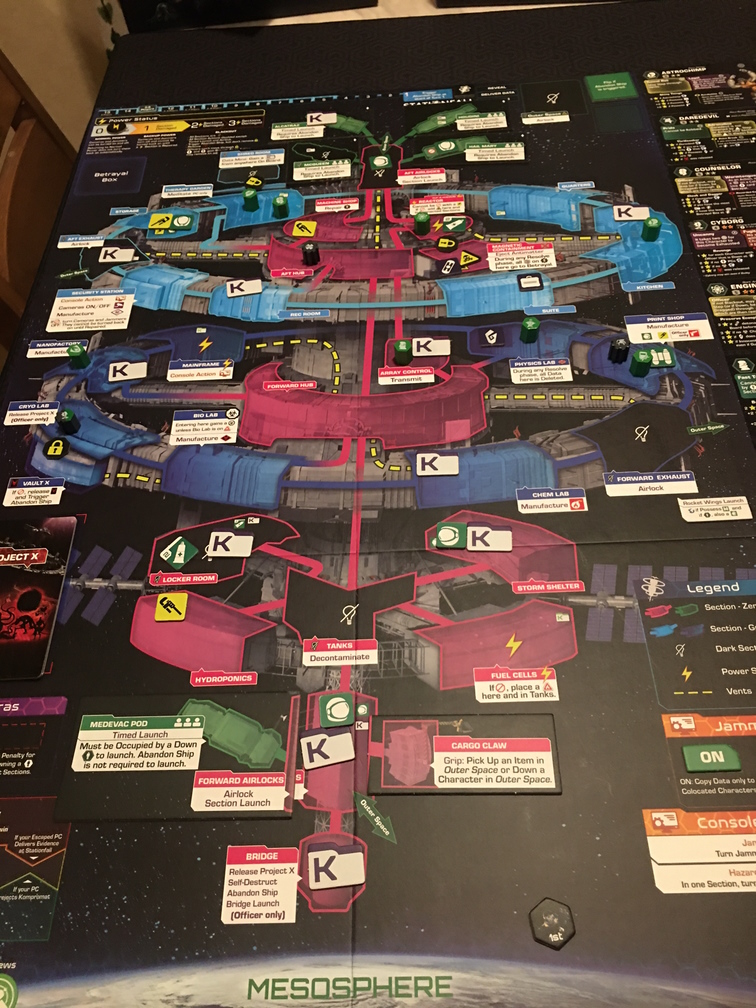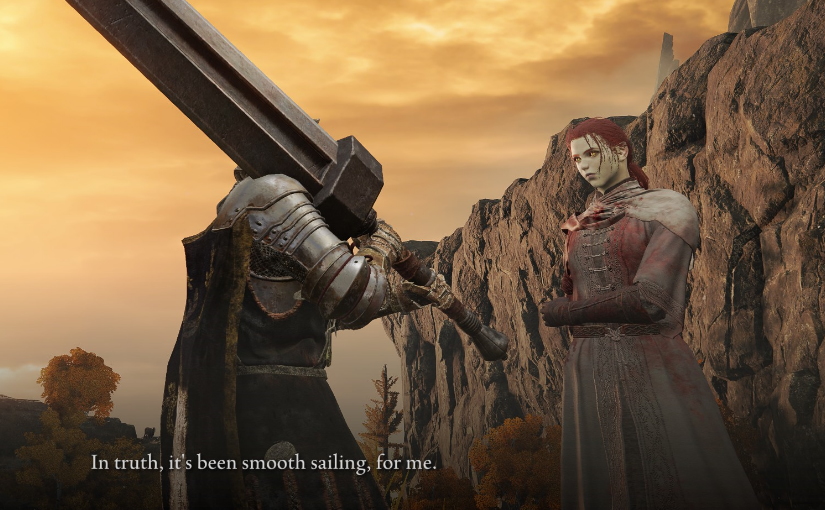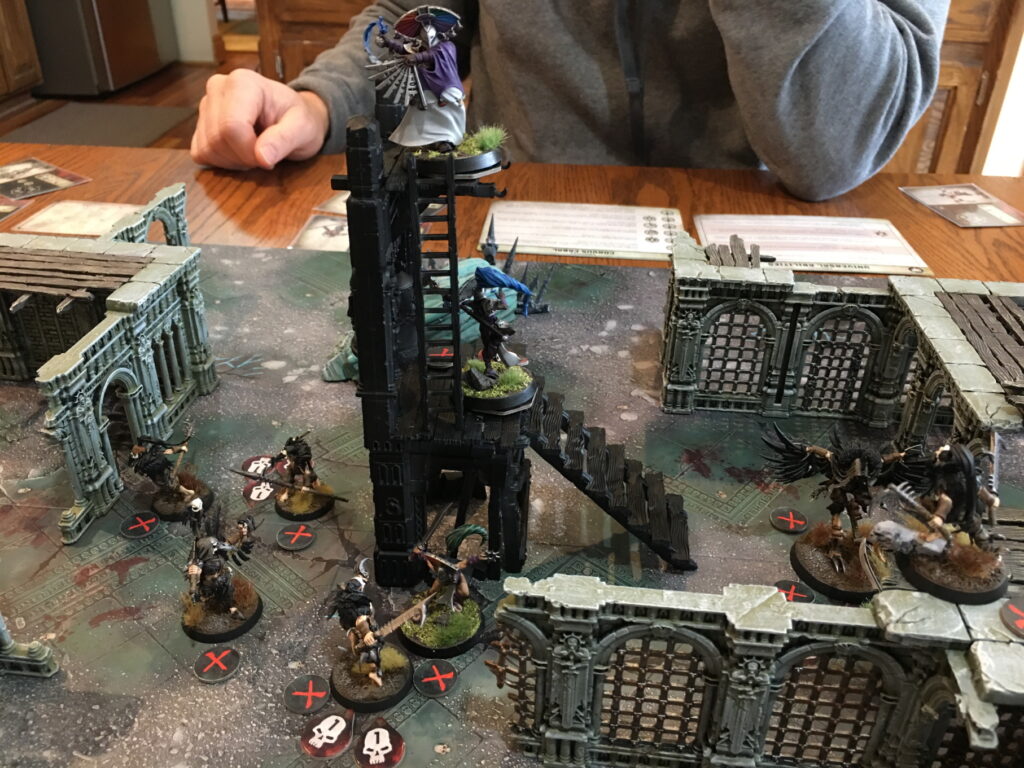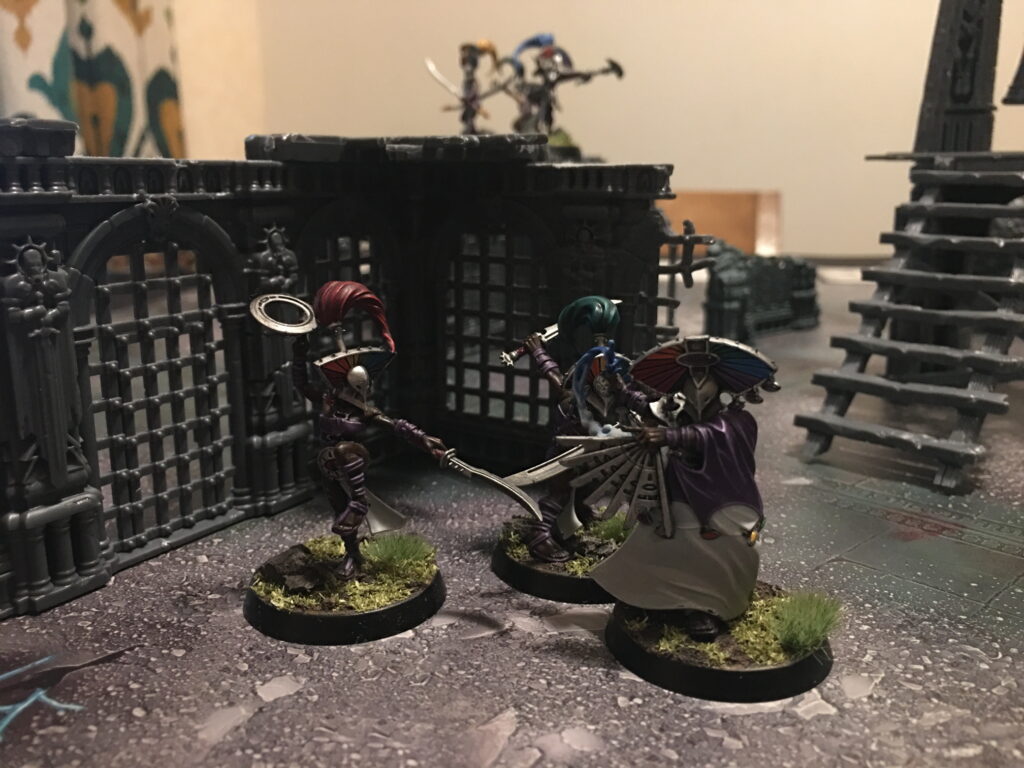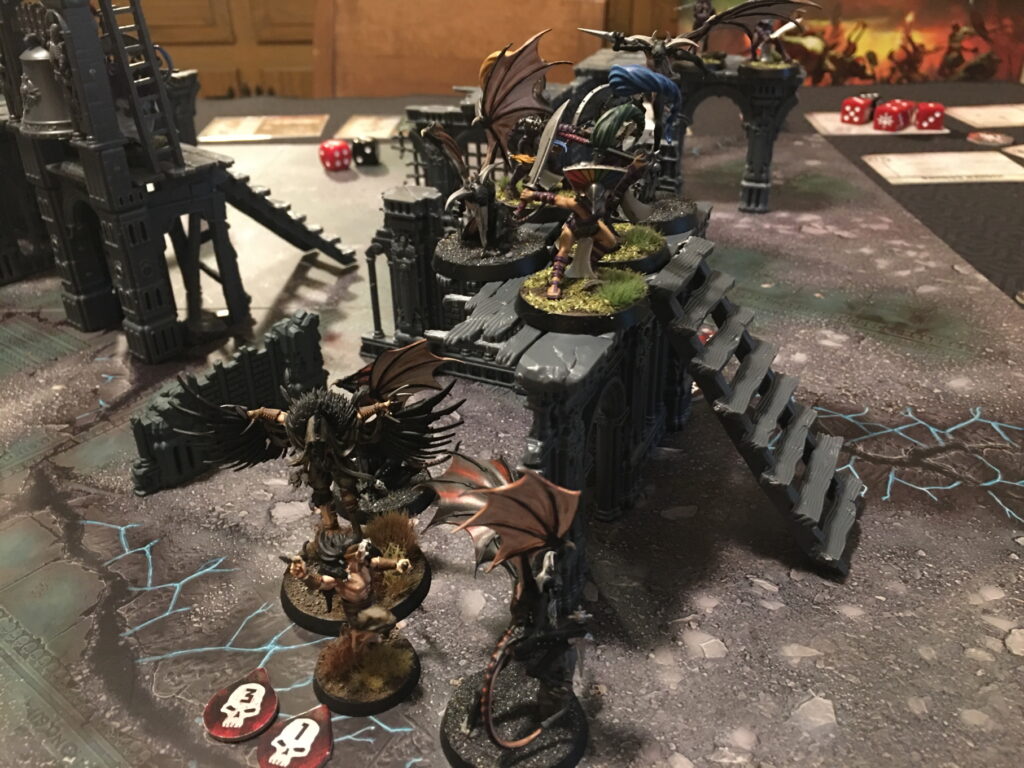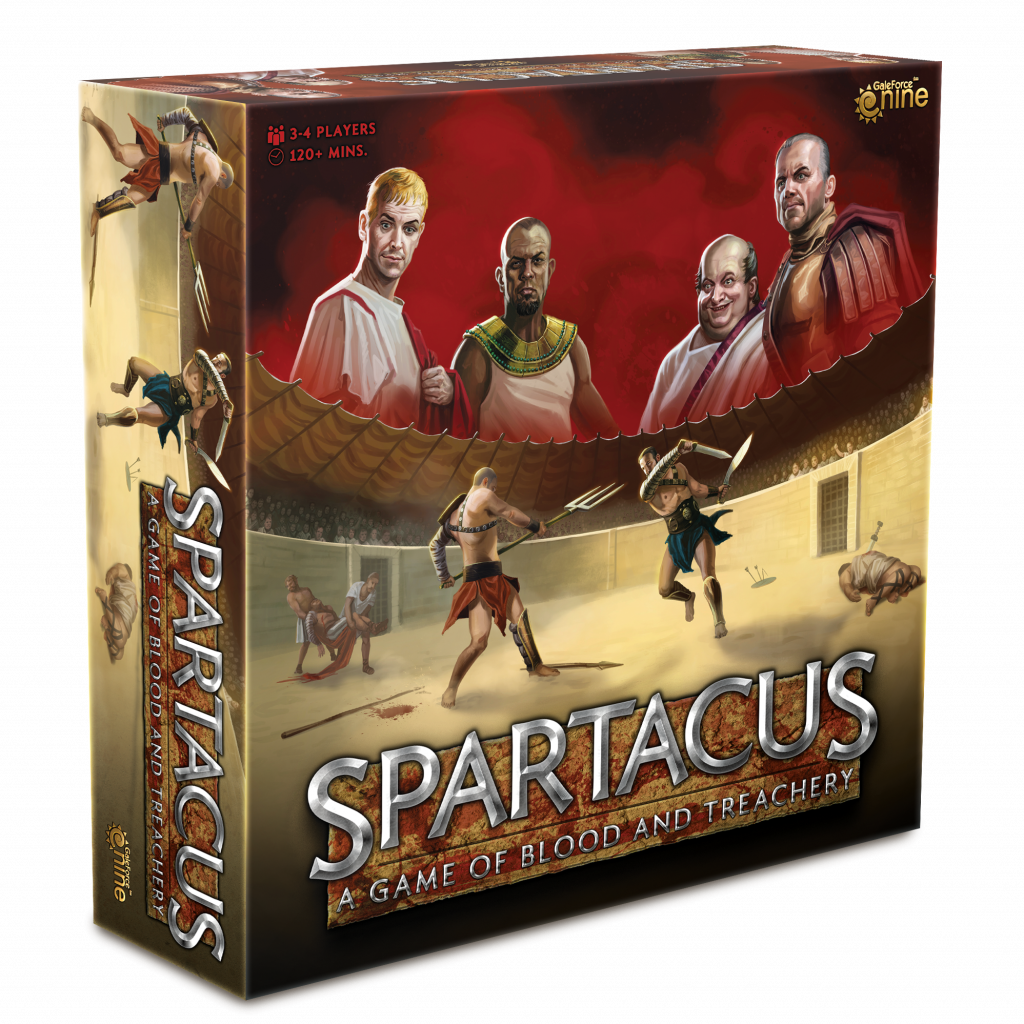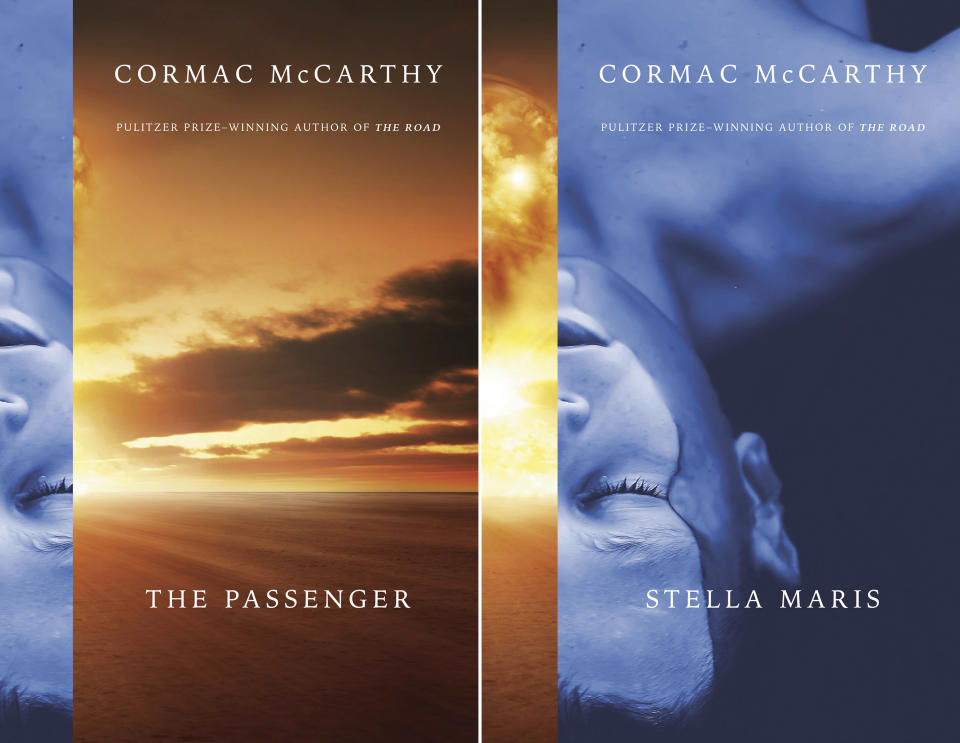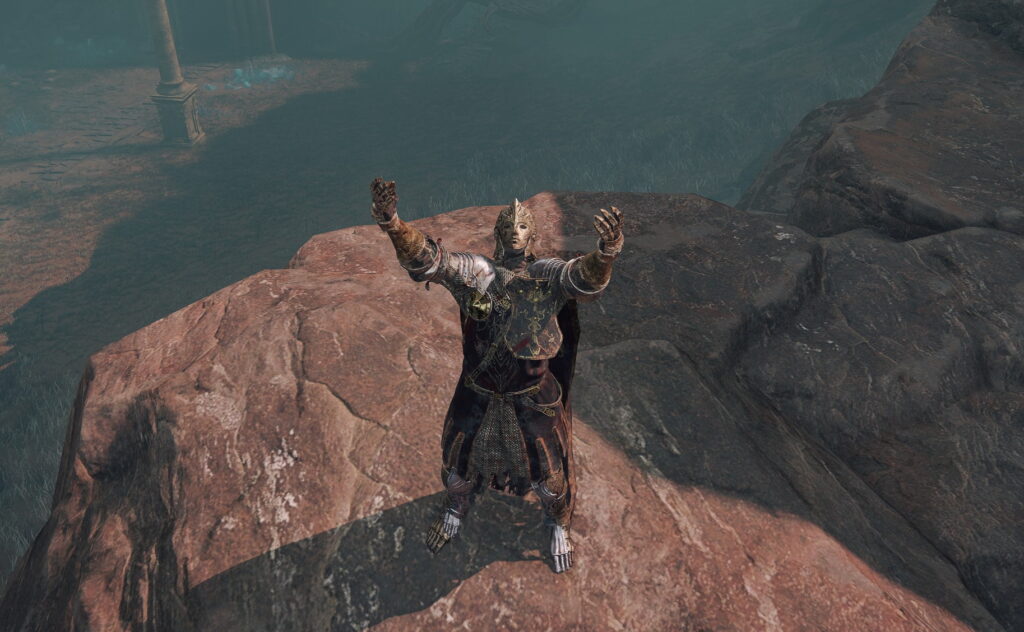Ah it’s Xmas break and I get to write about games that I liked and put a picture of Rebecca Bagnol yet again as by far the undisputed hottest chick on the entire planet. But first, the less important stuff, the games of the year and film, and books.
Board Games
For 2024 Arcs takes the prize but definitely not the base game, which is just goofing around with mechanics compared to the full game with Blighted Reach. The only reason to play Arcs base game is to prepare you for either a one off or campaign game with the expansion. I am only three games in (full game that is) and I’m loving it. The gamespace with the imperials and the Fates is crazy, there is REAL negotiation which Oath was completely missing, you are not at each others throats from turn 1 and may well work together to meet each other’s goals, as long as you are getting farther ahead in power than the other player. Can’t wait to play more.
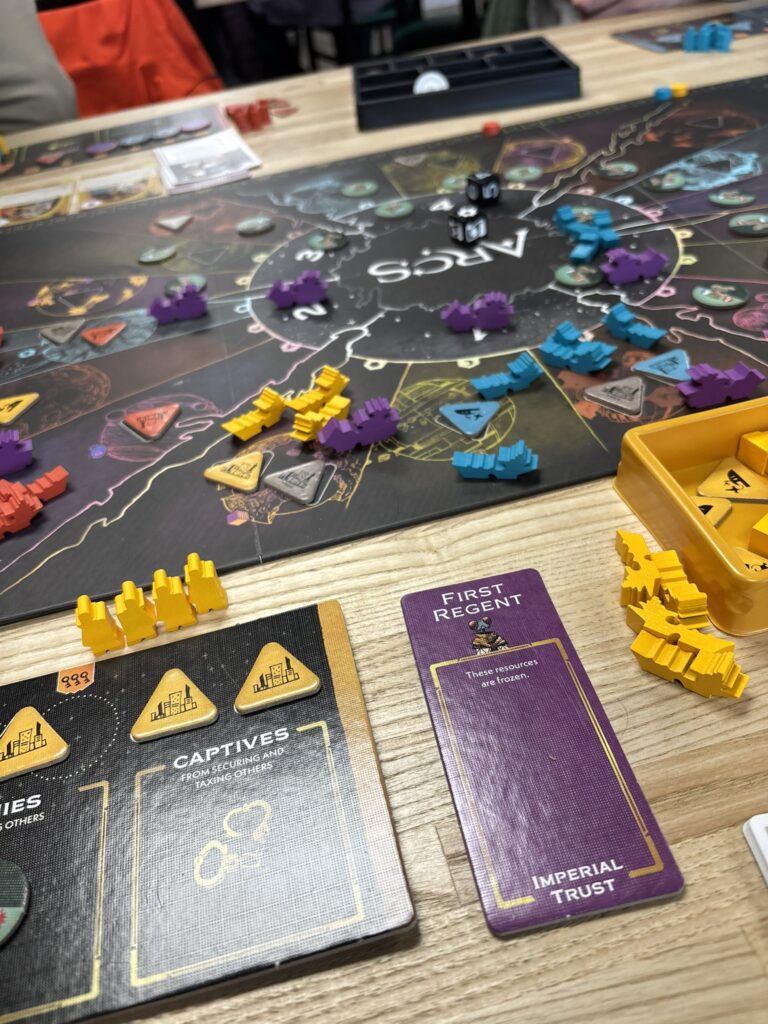
Video Games
2024 was a bit soft on the video game front compared to 2023, which had a ton of great games. This year there are two that stand out above the rest (that I had time to play). I’m getting a bit older and I just sort of want to play the stuff I know well with some exceptions. Give me Quake 3 and the original MOO and I’ll be… almost happy. That said, as predicted when it came out, my favorite single player game of 2024 was far and away UNICORN OVERLORD. I’m not even completely done with the game but it has been my go to for car trips and plane rides and sitting around time on the Switch (which my kids finally got tired of playing on after years of never seeing the thing). The art, the theme, the combat, the food porn and the incredibly depth you can go to equipping and setting the ‘programming’ for your battle groups makes Ogre Battle fanatics like myself blush with joy. That game and ‘Soul Nomad and the World Eaters’ paved the way to Unicorn Overlord being one of my favorite games in that genre, despite the fact that the main two characters are straight out of every generic anime game. I am a horny old goat, so the subtle (compared to Dragon’s Crown) and in some cases hilarious naughtiness of the female character’s outfits and bouncy/swaying just pushes this over the edge into fantastic land in addition to the hilarious food porn sequences. Vanillaware just went to 11 on the tactical and artistic aspects of this game. Overall, a total package that I will be playing for a long time.
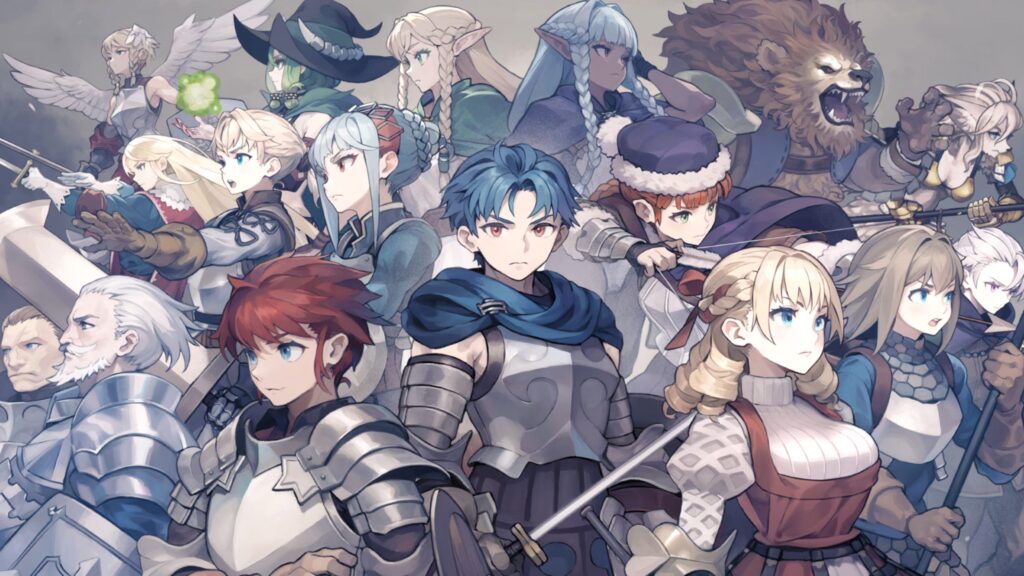
Unicorn Overlord is a single player game though, and does not really encompass the full joy of personal computer or console gaming with frenemies. For 2024, the most excellent, frustrating and deep multiplayer game goes solidly to Solium Infernum.
SI is fundamentally Fantasy Flight’s Warrior Knights but taken to 11 in complexity with way, way too many options to even conceptualize into any coherent strategy as a new player. Yet with more plays, the daemonic flower of this game opens up and it is a thing of beauty and madness extraordinaire. I’m going to do a review of the game on here so I won’t wax and tax much more until then, but like Armello (by the same developers), this is a very strong PC Computer “board game” style game, made even better by having tick-based turns (where everyone turns in their turns to the server and then it runs the turns with the orders all in). It’s pretty fun to play against the AI, but they will lay a beat down on you if you don’t know how to play, which I appreciate greatly as it helps vs human players more than a poofter AI.
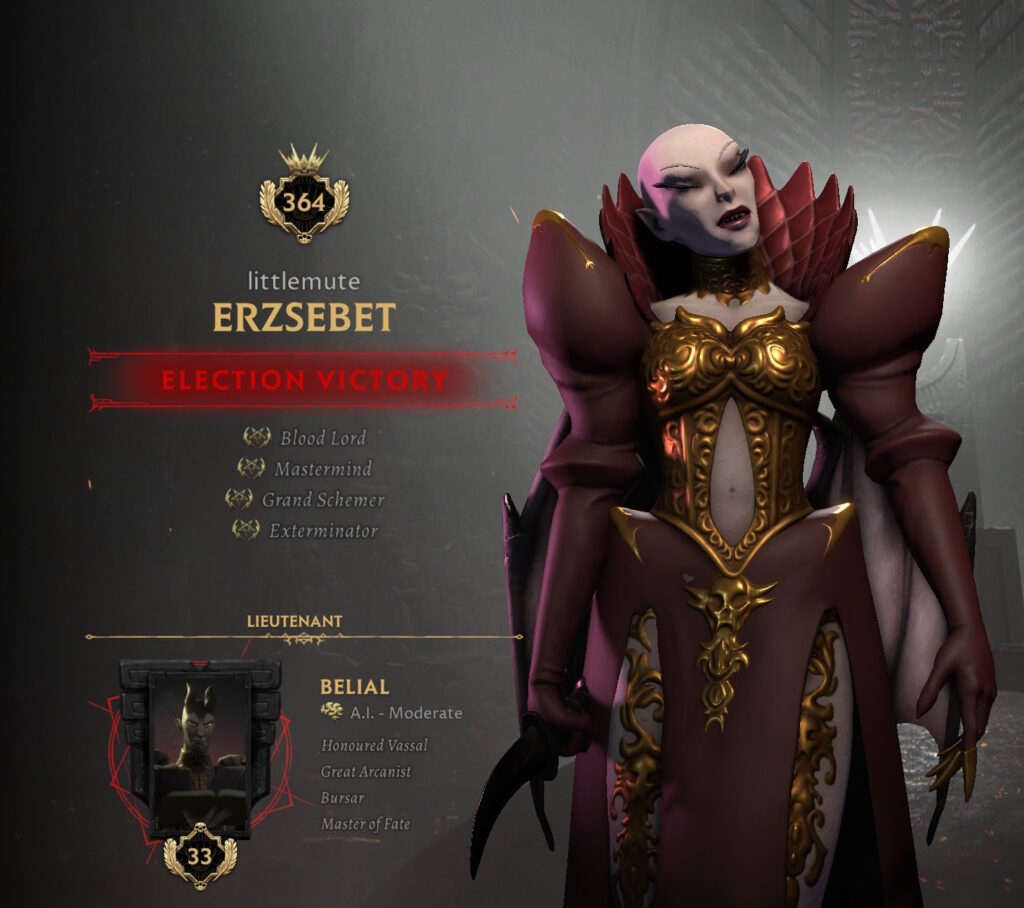
over time, you learn to whip the AI’s ass, even though it seems to cheat, which is fitting really.
Movies
This is so obvious it’s barely worth mentioning as it’s DUNE 2 for sure. I went to see it three times in the theater and it held up every time. I liked Terrifier 3 and the new Mad Max movie quite a bit, but neither hold a candle to the DUUUUUUNNNE. The first one had some dialog problems here and there that annoyed me, a few times the characters spoke a bit too 1990’s if that makes sense rather than ten thousand years in the future. I didn’t notice this much at all in the second installment. The key things for Dune 2 to pull off were the battle scenes and man they knocked those out of the park.
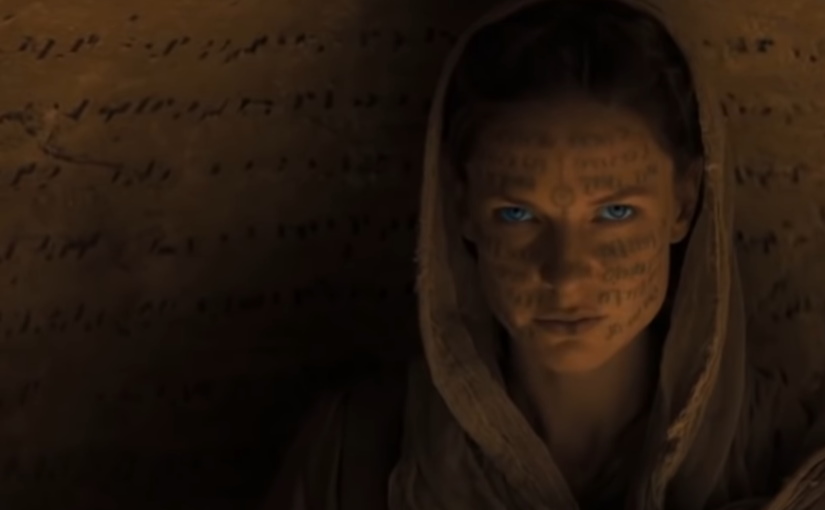
Books
I got stuck on a few books this year, mistakenly starting off the year with the poorly written Gideon the Ninth which I got for my daughter to read and wanted to check it out first. I barely finished and she set it aside after about 100 pages. I then went on to the excellent and horrifying ‘Thirty Years War’ by Wedgwood, then THE TERROR, which was probably the best book I’ve read in a long time. Give it a go (it’s better than the show, which was also quite good).
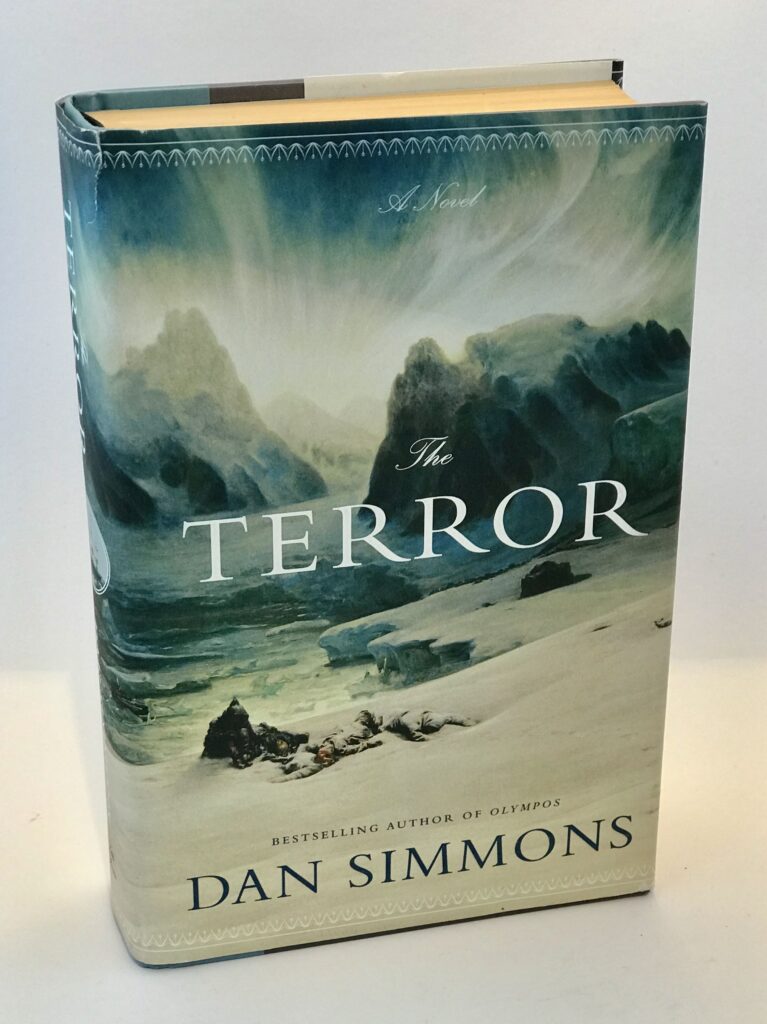
I re-read Good Night, My Sweet by Jim Thompson before starting Confessions of an Economic Hit-man, which is a solid read but really could use a complete rewrite. It reads like a self help book a bit with addons and addons and addons rather than a cohesive text. The core ideas and accounts are important enough to push through the whole thing. You can learn why so many countries despise the United States.
RPG
Tabletop RPG wise I only played /ran Dungeon Crawl Classics this year and I have no regrets! I ran Beneath the Well of Brass twice (followed up by Temple Siege) and in my kid’s campaign, the great little crime module from the Lankhmar line: No Small Crimes. Well of Brass is a great starter module as it has a lot of chances for a TPK, but if those are avoided it’s not super deadly.
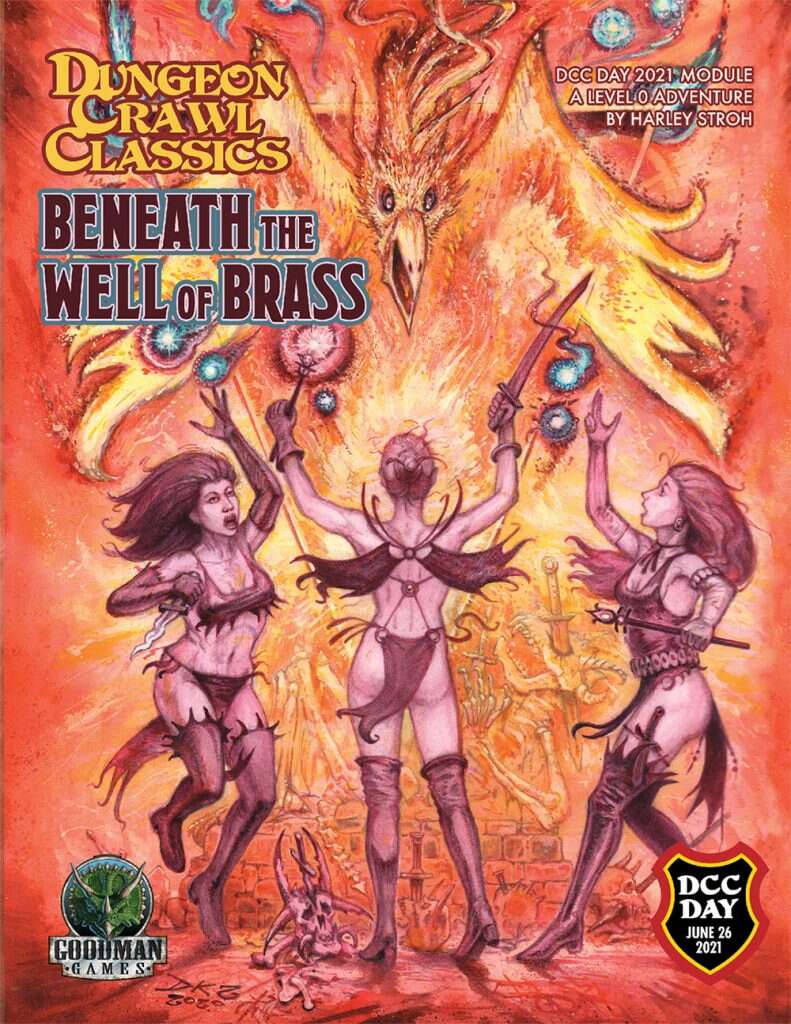
FLUX AI
I spanned a lot of time learning FLUX and COMFYUI: how to write prompts, build out LORAs and generally do silly as things with it. Now in a pinch I could whip out an advertising campaign for just about anything with photos in about 2 days or less of jagging around with it. Of course, I’m using it for stupid stuff such as the following:
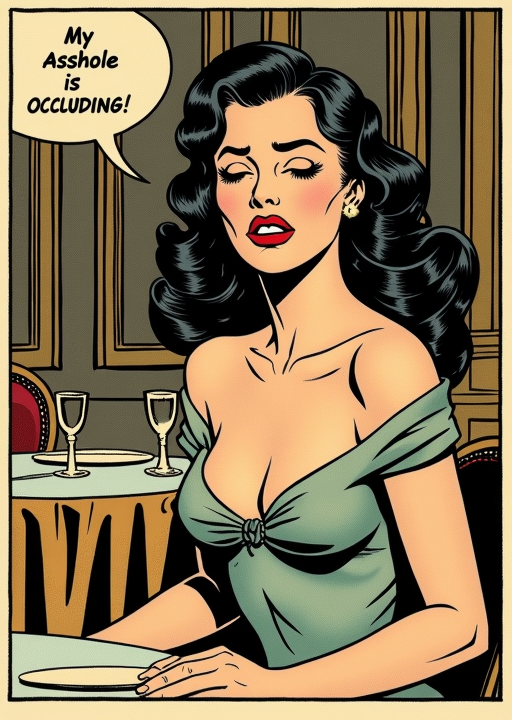
Hottest Chick on the planet, 2024
It’s the same again this year: le Bagnol.

2024: Bagnol’d.
